Post-ICU Recovery: Strategies for Supporting Patients and Families
Recovery after an ICU stay is a critical phase, as patients face numerous physical, emotional, and psychological challenges. Family members, too, experience stress and uncertainty as they care for their loved ones during this time. As healthcare providers and caregivers, it’s essential to understand and address the multifaceted needs of both patients and their families during post-ICU recovery.
In this blog, we will explore the strategies that can support both patients and their families, making the transition from the ICU to home or rehab smoother and more manageable.
Understanding the Post-ICU Recovery Journey:
Recovery after ICU treatment is not just about regaining physical health; it involves healing from the emotional and psychological stress that the patient and family members experience. ICU survivors often face issues such as muscle weakness, cognitive difficulties, and post-traumatic stress disorder (PTSD). These challenges can make the recovery process longer and more complex. Family members often struggle with how best to support their loved ones while also managing their own stress.
Key Strategies for Supporting Patients in Post-ICU Recovery:
1. Physical Rehabilitation and Therapy:
- Early Mobilization: One of the most important aspects of post-ICU recovery is the early mobilization of patients. Engaging in gentle physical therapy and rehabilitation exercises helps patients regain strength, improve lung function, and rebuild muscle mass.
- Incorporating Occupational Therapy: Occupational therapists play a vital role in helping patients regain independence. They can assist in daily activities like dressing, bathing, and feeding.
- Regular Monitoring of Physical Progress: Regular checkups with physiotherapists or doctors ensure that patients are on track with their recovery. This includes tracking improvements in mobility, strength, and the ability to perform everyday activities.
2. Psychological Support:
- Mental Health Counseling: It’s essential to address the psychological impact of an ICU stay. Many patients experience depression, anxiety, and PTSD. Therapy or counseling can help patients process the trauma and anxiety associated with their experience.
- Cognitive Rehabilitation: Some patients may experience cognitive issues such as memory loss, difficulty concentrating, and confusion after an extended ICU stay. Cognitive rehabilitation therapies can be beneficial in restoring mental clarity.
- Encouragement and Motivation: Emotional support from family members and friends can help the patient feel empowered and motivated to recover. Consistent encouragement is key in combating the emotional and psychological hurdles faced during recovery.
3. Nutrition and Hydration Support:
- Tailored Nutritional Plans: Proper nutrition plays an essential role in recovery. Post-ICU patients may have specific dietary needs, and it’s crucial to provide a well-balanced, tailored nutritional plan that can help restore energy and promote healing.
- Hydration: Ensuring adequate hydration is vital for patients to recover fully. Dehydration can worsen fatigue and affect overall well-being.
- Consultation with Dietitians: A dietitian can work with the healthcare team to create meal plans that address specific deficiencies or restrictions.
Supporting Families During the Recovery Process:
1. Providing Emotional and Educational Support:
- Family Counseling: Families often experience a range of emotions such as guilt, frustration, and fear. Offering counseling and support groups for family members can help them manage their emotions and better care for their loved ones.
- Education on Post-ICU Care: Families may feel overwhelmed by the medical aspects of their loved one’s recovery. Providing them with education on the patient’s needs, physical therapy exercises, and ways to monitor health at home can empower them to provide effective care.
2. Establishing a Support Network:
- Building a Care Team: Families may benefit from the support of a multidisciplinary care team, including doctors, nurses, physical therapists, and mental health professionals. This team can guide them through the recovery process and ensure the patient receives comprehensive care.
- Community Support Groups: Connecting families with community support groups can reduce isolation and provide valuable emotional and practical support from others who have gone through similar experiences.
3. Managing Stress and Self-Care for Caregivers:
- Encouraging Caregiver Self-Care: Caring for a loved one can be emotionally and physically draining. Encouraging caregivers to take regular breaks, seek support, and focus on their own health is critical in ensuring they can provide quality care.
- Respite Care Options: Respite care allows family members to take short breaks while ensuring that their loved one receives the necessary care. This can be invaluable in preventing caregiver burnout.
The Power of Portion Control: A Simple Way to Manage Your Diabetes
Key Takeaways for Post-ICU Recovery:
- Recovery is a Journey: Post-ICU recovery is a gradual process that requires patience, persistence, and teamwork. It involves regaining physical strength, mental clarity, and emotional stability.
- Holistic Approach: Both the patient and the family need comprehensive support that addresses physical, emotional, and psychological needs. A multidisciplinary approach is essential for successful recovery.
- Emotional Support is Crucial: Recovery doesn’t just depend on physical healing. Providing emotional and psychological support for both the patient and the family plays a significant role in the overall well-being of everyone involved.
Ready to Support Your Loved Ones?
As we work toward improving the quality of life for patients recovering from ICU stays, it’s essential to offer holistic care that addresses their physical, mental, and emotional needs. By following these strategies, both patients and families can navigate the post-ICU recovery journey with greater confidence and success.
For more information on supporting your loved ones through recovery, don’t hesitate to reach out to us at +91 7596036792 for expert guidance and support.

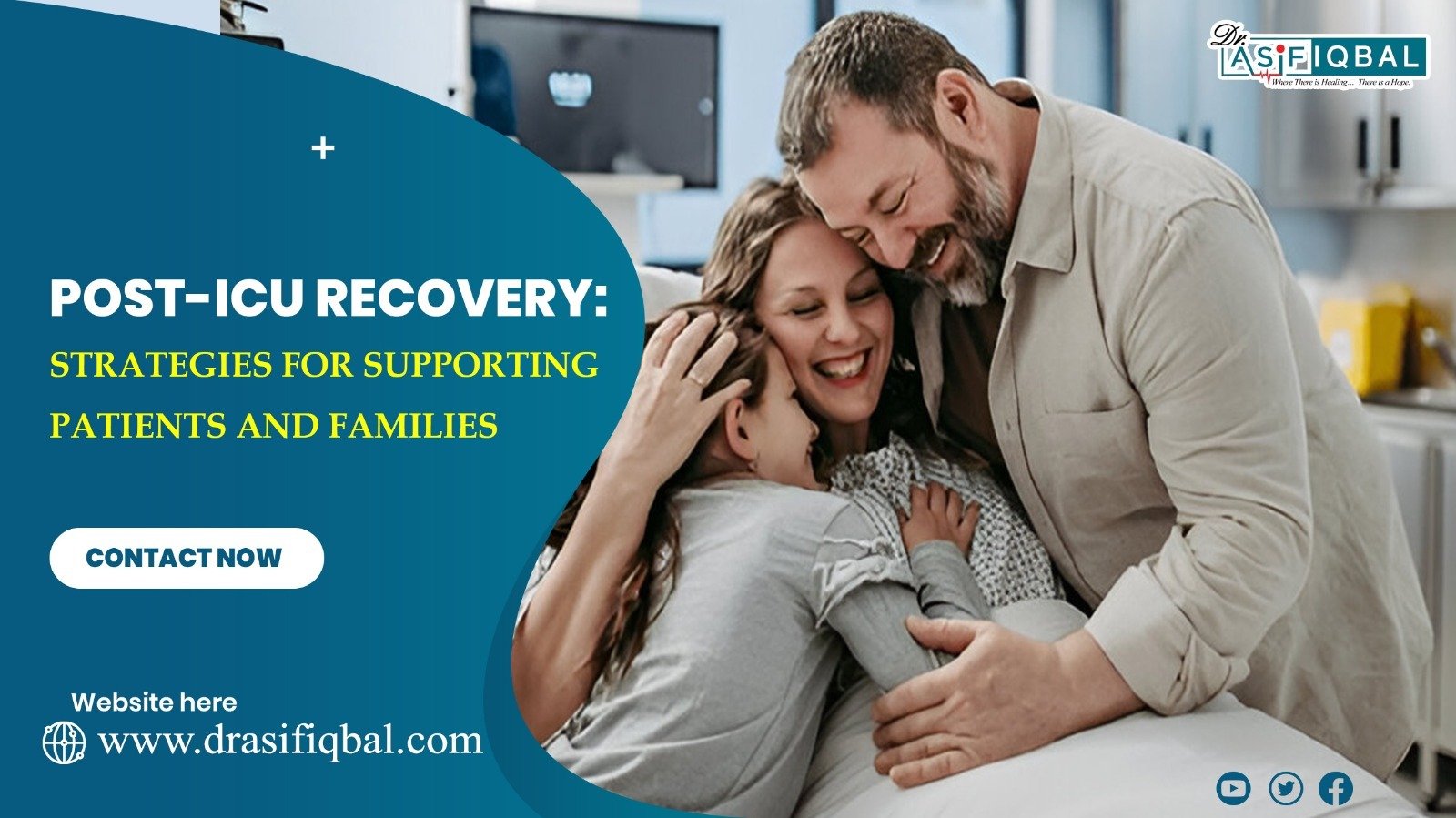


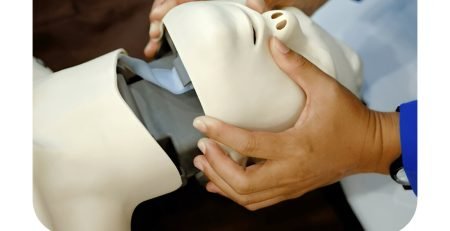
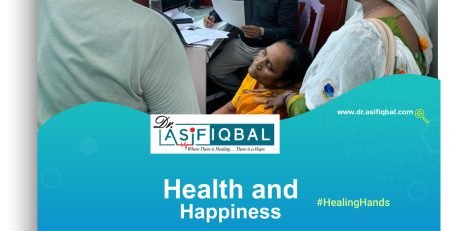


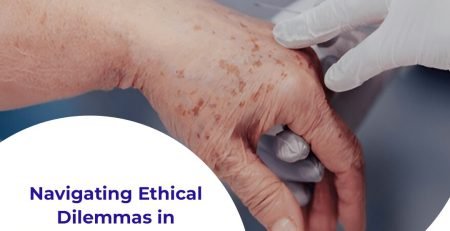

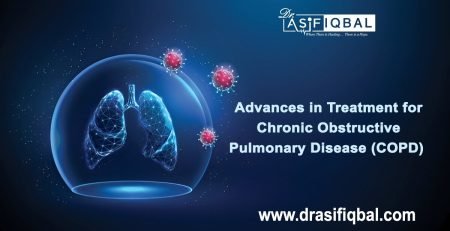

Leave a Reply